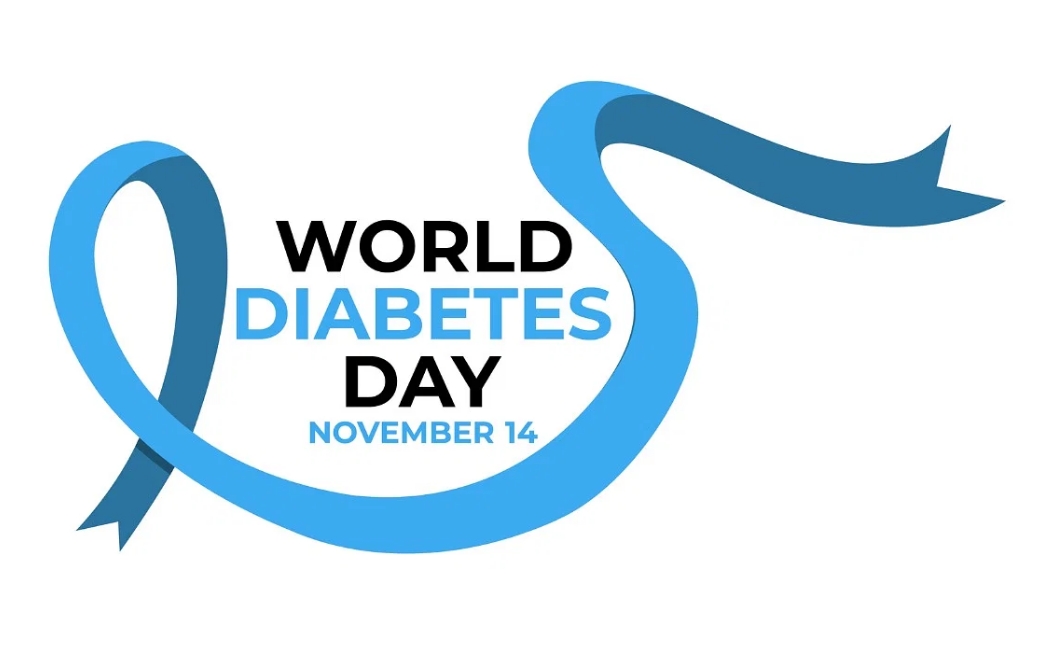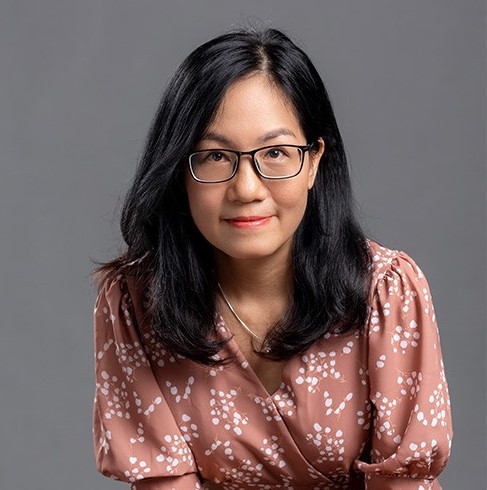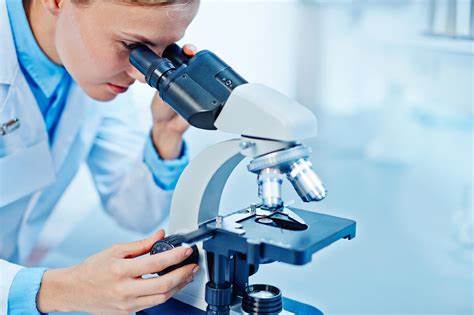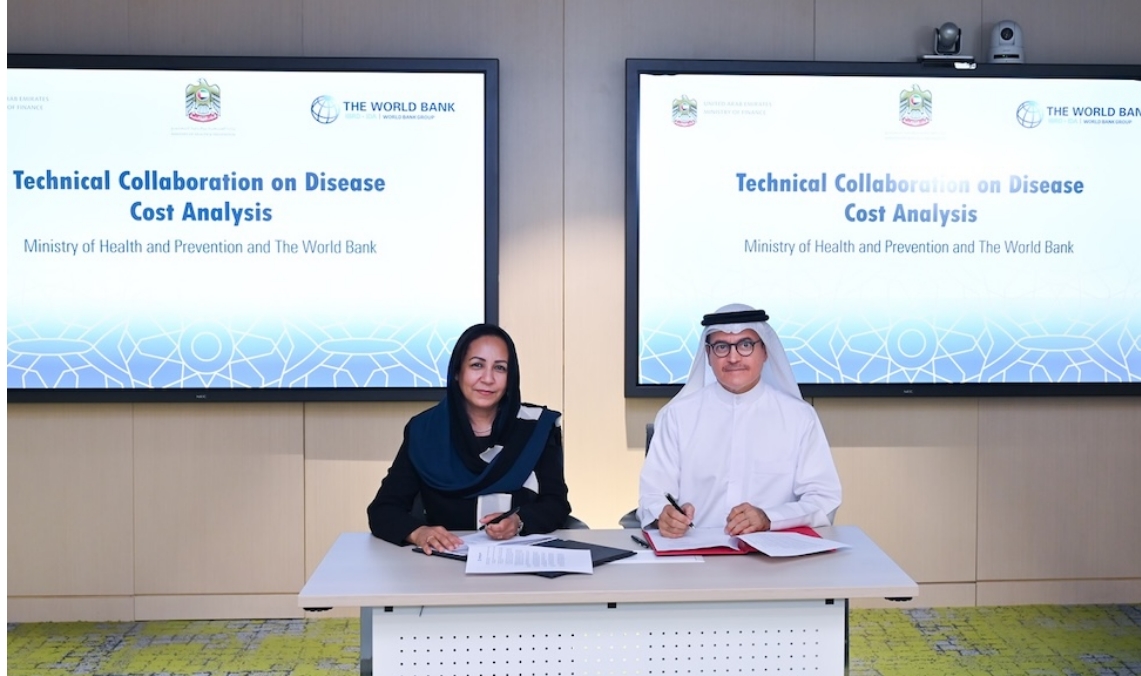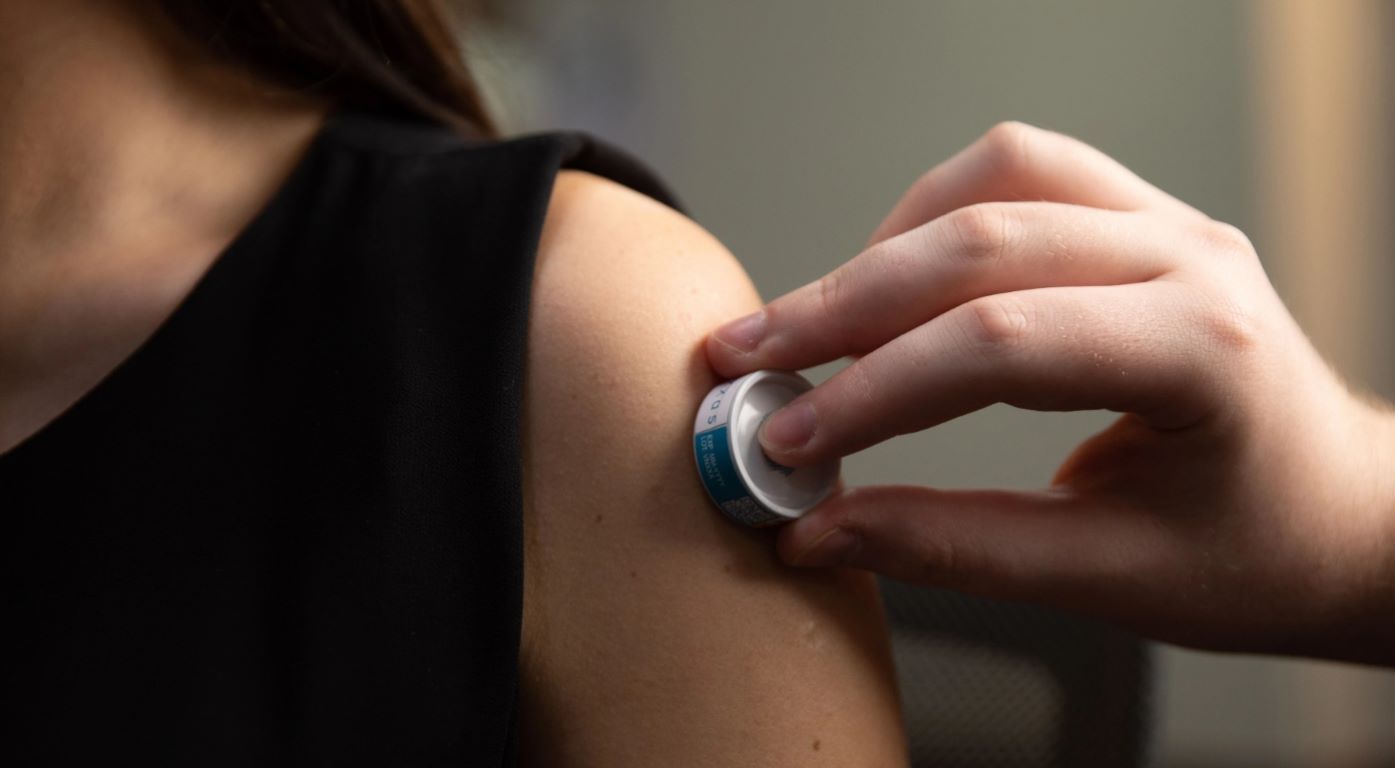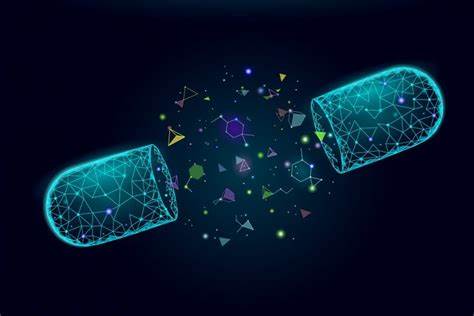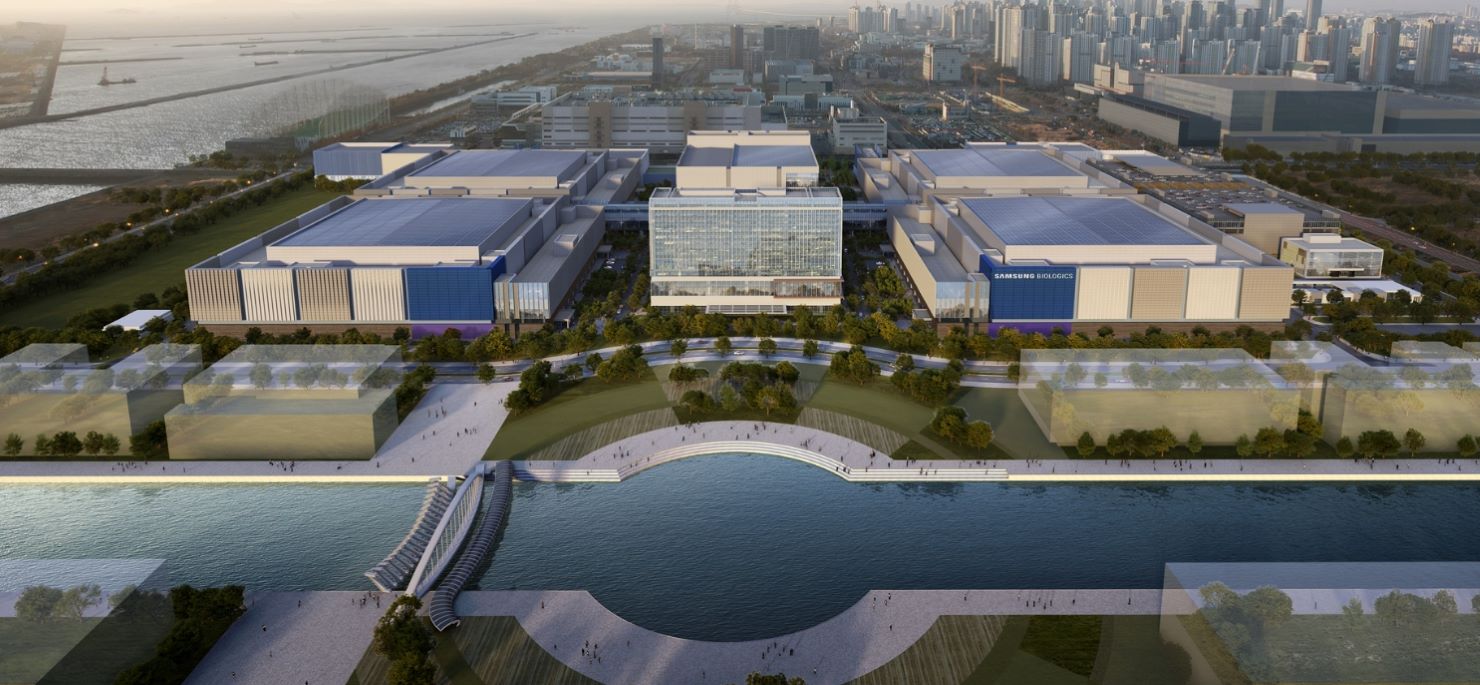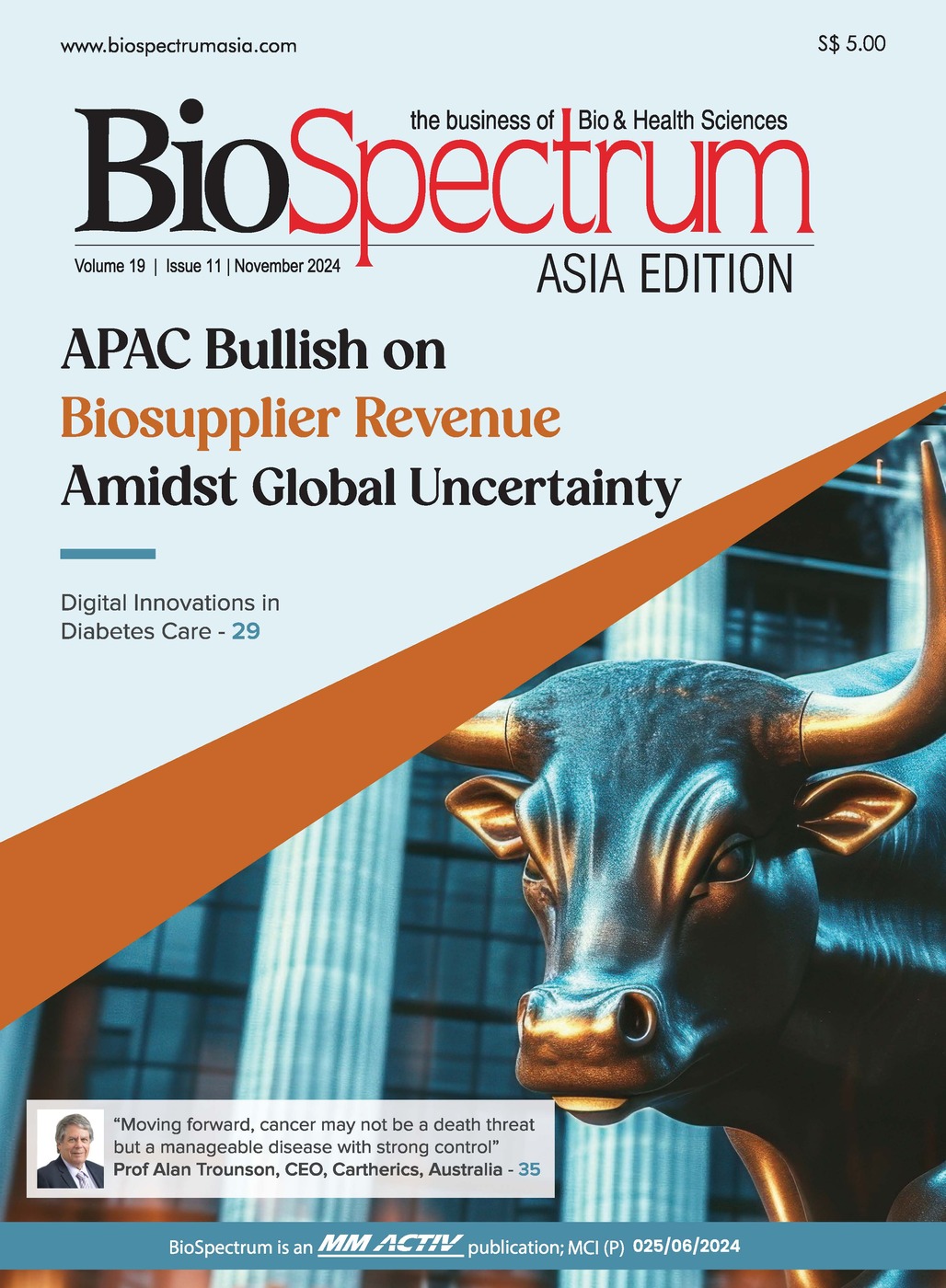AminoIndex risk screening: Catching cancer before it starts
29 November 2018 | News
Ajinomoto has developed AminoIndex Risk Screening (AIRS) technology to screen for cancer and lifestyle diseases
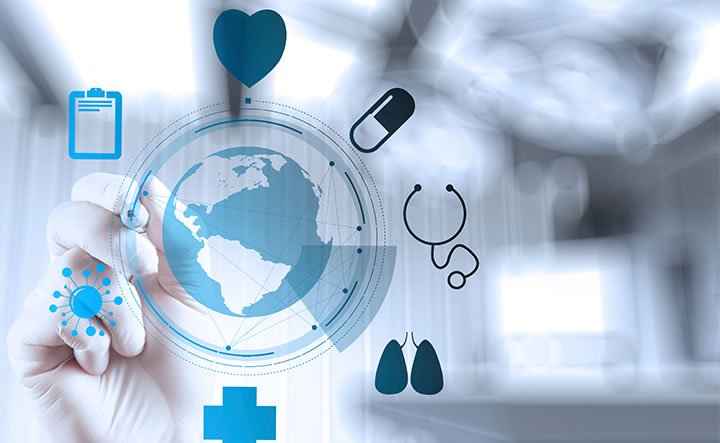
Singapore - The fact that Japanese people have the longest lifespan in the world—and that they live healthier well into old age—is well documented. In fact, it was one of the focuses of the Newsletter vols. 5 and 8, “Can Ajinomoto Co. Export Japan’s Healthy Lifespan?”
Many theories seek to explain why. Is it the Japanese diet? Is it genetic? Is it because Japanese society tends to be close-knit, with plenty of social and family support for the infirm? Or perhaps it’s exercise? This is a particularly compelling question, because after all, Japan is also famous for high stress, long work hours, and high rates of smoking and alcohol consumption.
One factor that surely contributes to Japanese healthy aging is the healthcare system—and specifically, regular health check-ups. Of course, health check-ups are available all over the world, but in Japan, mass screening is provided for every student in school, at work, and in the community universal healthcare system and local governments. While in other countries, health check-ups are often only requested by the particularly health-conscious, in Japan it’s the norm. Surely, the resulting early detection of diseases and other health problems must contribute to a healthier society.
Statistics seem to support this idea. For example, Japan spends only 10% of its GDP on providing healthcare, versus 17% in the United States. And despite this smaller investment, health and longevity rates are among the highest in the world.
But There’s Still Room for Improvement
However, despite the success of mass health screening, the system isn’t perfect. One area that could be improved is cancer screening. In 2016, only around 40% to 50% of men and around 30% to 40% of women underwent a test to detect common cancers, and these rates are actually lower than in other countries.
The reasons are unclear, but factors such as time, additional expense, lack of a feeling of urgency, and simple fear of learning the result probably contribute.
Detecting cancer at an early stage dramatically increases survival over five years. This is not just important for the individual—it’s important for all of society. The National Cancer Center Japan estimates that 300,000 lives are lost to cancer each year in Japan—that’s 300,000 families affected by the death of a loved one. And in terms of productivity, it is estimated that 9.5 trillion yen (almost 8.5 billion US dollars) is lost to medical leave related to cancer.
AminoIndex Cancer Screening: Filling an Unmet Need
Ajinomoto developed the AminoIndex Cancer Screening (AICS). The fact that the balance of amino acid concentrations in blood changes to reflect a person’s health led to the development of a simple cancer screening technology, which can increase the possibility of detection together in combination with other screening tests.
AICS is easy on the doctor and the patient, requiring only 5ml of blood during a routine doctor visit. In men, it screens for stomach, lung, colorectal, pancreatic, and prostate cancer, while in women, it screens for stomach, lung, colorectal, pancreatic, breast, and uterine/ovarian cancer.
The concentrations of 19 different amino acids are analyzed. Based on a historical database, the normal concentration profile for a healthy individual is known, as is the profile for each type of cancer that is tested. By comparing the patient’s profile to the database, cancers can be detected effectively.
Beyond Cancer
The body’s amino acid concentration profile changes in response to a wide variety of illnesses, not just cancer. As a result, Ajinomoto Co. has also developed the AminoIndex Lifestyle disease Screening (AILS), which uses the same underlying technology to screen for common “lifestyle diseases” such as diabetes. Other additional therapeutic areas are investigated in which the AILS can be helpful.


